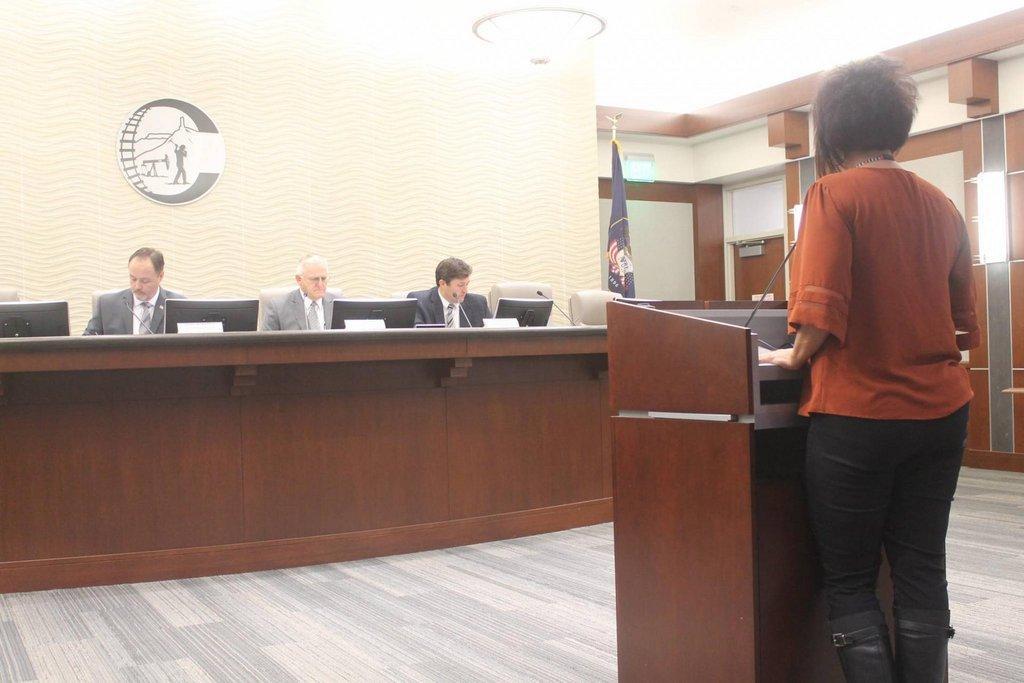Tina Henrie, Carbon County Tourism Specialist, visited the commissioners during their regularly scheduled Wednesday evening meeting to present them with the tourism tax advisory board priority list recommendation for restaurant tax and transient tax funds for 2020.
Per state statute, the county must have a tax advisory board in place for tourism and has to present the budget to the board. Henrie explained the monies that they are projected to be brought in for transient room tax and other funding, coming to a total of $603,000 for the department. She then went through the 19 listed priorities in order, which began with wages for the tourism specialist as well as benefits.
With assistance from Henrie, Carbon County Commissioner Casey Hopes explained that these funds are generated by transient room tax, which comes from visitors staying in the local hotels, Airbnbs and more. The restaurant tax is generated by those that visit any eateries throughout town. Commissioner Hopes also remarked that the tourism department is growing incrementally each year.
“The tourism office, we are 100 percent funded by the transient room tax and the restaurant tax. It doesn’t come out of the general fund,” stated Henrie.
Then, the commissioners also spoke with the Carbon County Economic Development Specialist Rita Vigor on designating the enterprise zone and recycling zone in the unincorporated areas of the county.
Vigor began by informing the commissioners that, after discussion with Carbon County Attorney Christian Bryner, it was discovered that as part of the recycling zone application, the county likely would not meet all of the requirements. However, Vigor did state that she believed the enterprise zone would be valuable to move forward with.
Both zones are through the Governor’s Office of Economic Development (GOED) and the enterprise zone is essentially a designated area of the county where a business can receive tax credits for job creation, rehabilitation of a building that has been vacant for more than two years and purchasing of some equipment. Each municipality in the county is responsible for designating the areas within their community. However, the county oversees the unincorporated areas.
Vigor stated that the recycling areas are used primarily by those at the Wasatch Front and, when questioning the GOED, she discovered that it has not been used in the area.
Ultimately, after more discussion with Bryner, the commissioners made the decision to continue to move forward with the enterprise zone and to terminate continuation on the recycling zone.


